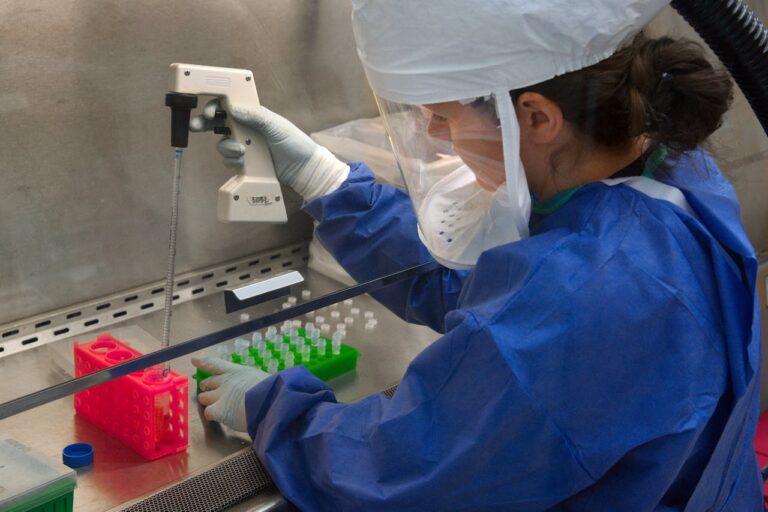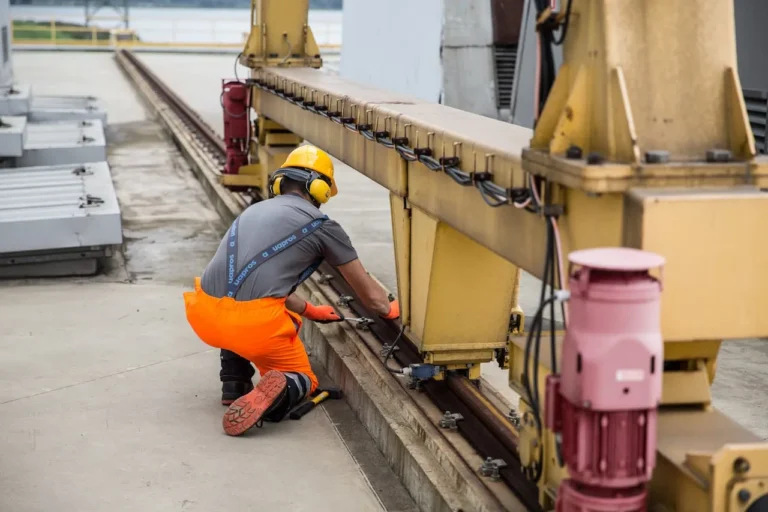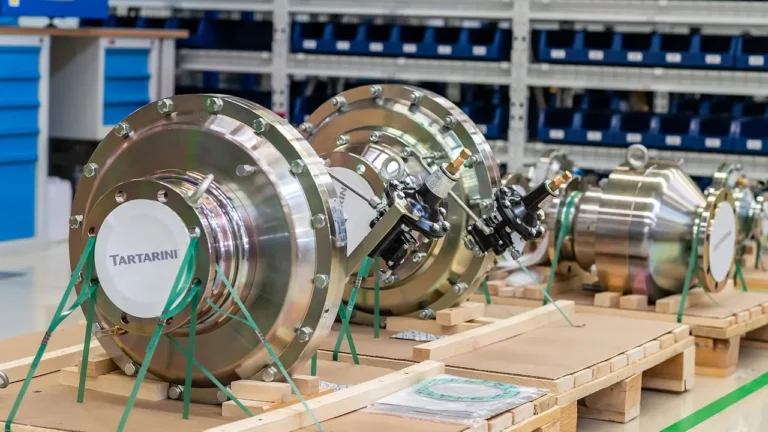
Furno Materials is thrilled to announce its selection for a $20 million grant from the U.S. Department of Energy (DOE) Office of Manufacturing and Energy Supply Chains (MESC). This funding supports Furno’s groundbreaking modular cement plant, chosen among twelve projects nationwide aimed at strengthening domestic supply chains, reducing harmful emissions, and revitalizing communities affected by coal plant closures. Located in Chicago, Project OZ will serve as a pioneering model for low-carbon cement production, utilizing Furno’s innovative technology and collaborating with Ozinga, one of the largest independent concrete producers in the U.S. This initiative marks a significant step toward bringing cement production back to the U.S. and transforming the industry into a decarbonized, modular model.
A Vision for U.S. Cement Production
Cement production in the U.S. has stagnated over the past decade, with the last major plant constructed years ago and imports rising to meet demand. As regulatory pressures to decarbonize the industry increase, Project OZ offers a timely and vital solution.
“Furno Materials aims to make cement production accessible to everyone, anywhere. Our standardized, decentralized, and decarbonized plants will bring this vision to life,” said Gurinder Nagra, CEO of Furno Materials. “Project OZ combines our advanced kiln technology with Ozinga’s expertise to produce high-performance cement with significantly reduced emissions. This plant will showcase how we can quickly onshore production while cutting carbon emissions. The Department of Energy’s funding accelerates our mission, and we’re eager to collaborate with the DOE to produce clean cement at demand sites.”
Three Pillars of Furno’s Vision: Standardize, Decentralize, Decarbonize
- Standardize
Traditional cement plants are large and costly, requiring years of planning and substantial investments. In contrast, Furno has developed modular production units that can be manufactured in factories and deployed as needed. Project OZ will illustrate that these small, repeatable, and standardized plants can be quickly scaled to meet market demands, lowering costs and enhancing flexibility. - Decentralize
Currently, cement production is centralized in large facilities, leading to high transportation costs and inefficiencies. Furno’s modular plants allow for local production where cement is consumed. Project OZ will demonstrate that decentralizing cement production can reduce transportation costs and carbon emissions while enhancing supply chain responsiveness. - Decarbonize
Concrete, the second most widely used material on Earth, accounts for 8% of global CO2 emissions. With regulatory demands for a reduced carbon footprint, Project OZ directly addresses this challenge. Furno’s technology cuts CO2 emissions by replacing traditional coal-fired kilns with high-efficiency gas-based combustion, reducing fuel emissions by 70%. Additionally, by substituting up to 44% of limestone with up-cycled, calcium-rich waste, Furno aims to replace 80% of traditional raw materials by 2030, achieving an 82% reduction in emissions.
Furno and Ozinga’s Roles in Project OZ
Furno Materials will lead the design and execution of Project OZ, managing the construction and operation of the plant to meet sustainability and community goals. Ozinga will provide essential industry expertise, supplying raw materials and guaranteeing 100% of the cement off-take, ensuring the project’s commercial viability from the outset.
“Furno’s cement not only meets our environmental standards but also fulfills the high-performance criteria we require,” said Marty Ozinga, CEO of Ozinga. “Our customers and we are committed to reducing our carbon footprint without compromising quality. We look forward to integrating Furno’s product into our operations to help us achieve our goal of carbon-neutral concrete by 2030.”
Community Commitment and Workforce Development
As part of the project’s Community Benefits Plan, Furno is dedicated to local workforce development, creating opportunities for underserved communities. Project OZ will generate 80 jobs, directly benefiting the local economy and offering quality employment to talent from disadvantaged backgrounds, in alignment with the Justice40 Initiative.
The transition to a clean energy future relies on communities with valuable skills and experience,” said U.S. Secretary of Energy Jennifer Granholm. “By utilizing the expertise of the former coal workforce, we strengthen our national security while advancing innovative technologies and revitalizing communities nationwide.
Furno will collaborate with organizations like the National Association of Women in Construction and local educational institutions, such as the University of Illinois-Chicago, to provide job training, internships, and exposure to careers in construction and clean energy. These initiatives ensure that the local community benefits not only from job creation but also from access to workforce development resources.
Engaging the local community and creating a workforce pipeline ensures that Project OZ leaves a lasting impact in the region, added Nagra. “This project goes beyond emissions reductions; it’s about creating opportunities for individuals to engage in the clean energy transition.




